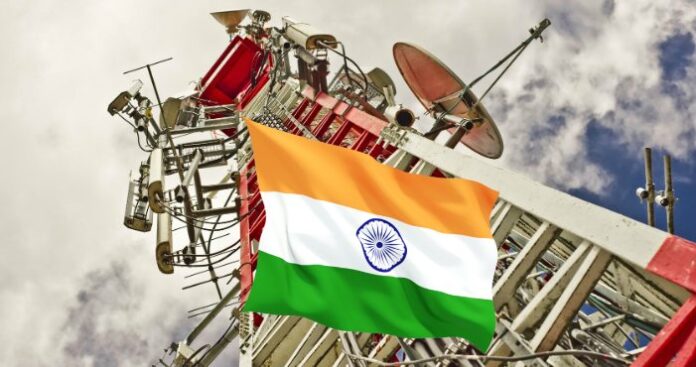Telco confirms plans to launch ‘4G’ next month
Indian mobile operator Vodafone counted 188.2 million subscribers at the end of the first half of its fiscal year 2016, which ended Sept. 30. That number was an 8.2% increase compared with the same period last year.
At the end of its latest reporting period, the operator said it had 23.8 million 3G customers, which was a 75.4% increase compared to the 13.6 million 3G customers last year.
“We continue to deliver healthy double-digit underlying revenue growth of 11.2% and further enhanced [earnings before interest, taxes, depreciation and amortization] margin to 29.7%,” said Vodafone India managing director and CEO Sunil Sood. “Driven by the strong uptake in data, our 3G revenues grew 102% year-on-year.”
Sood also said the carrier planned to launch “4G” services next month across “five circles that are key to our data revenues and will continue to expand our own 3G coverage to 16 circles across the country.” The initial launch is expected to include Mumbai, Delhi, Kolkata, Kerala and Karnataka through spectrum in the 1800 MHz band.
Sood added the operator is in the process of bolstering its network architecture with stronger backhaul to support the increasing volumes and need for speed from both retail and enterprise clients. Vodafone India ended September with 132,446 total sites, of which 39,774 included 3G support.
Telstra, Ericsson trial 5-carrier aggregation
In other APAC news, Australian operator Telstra and Swedish vendor Ericsson said they completed the first trial of five-carrier aggregation, achieving test network speeds close to 1 gigabit per second. The two companies said the testing combined 100 megahertz of Telstra’s spectrum holdings across five separate channels integrated on the operator commercial LTE network.
“Many may be aware of the debate some year ago around the technical definition of what ‘4G’ should be, with a widely accepted view that 4G should achieve peak speeds in the range of 1 Gbps,” said Mike Wright, Telstra group managing director for networks. “Our end-to-end tests have been achieving amazing download speeds of over 950 [megabits per second] using a specialized speed test application, so perhaps we can now say LTE has delivered on that original vision of 4G and we can now justifiably look beyond the term 4G to what comes next.”

